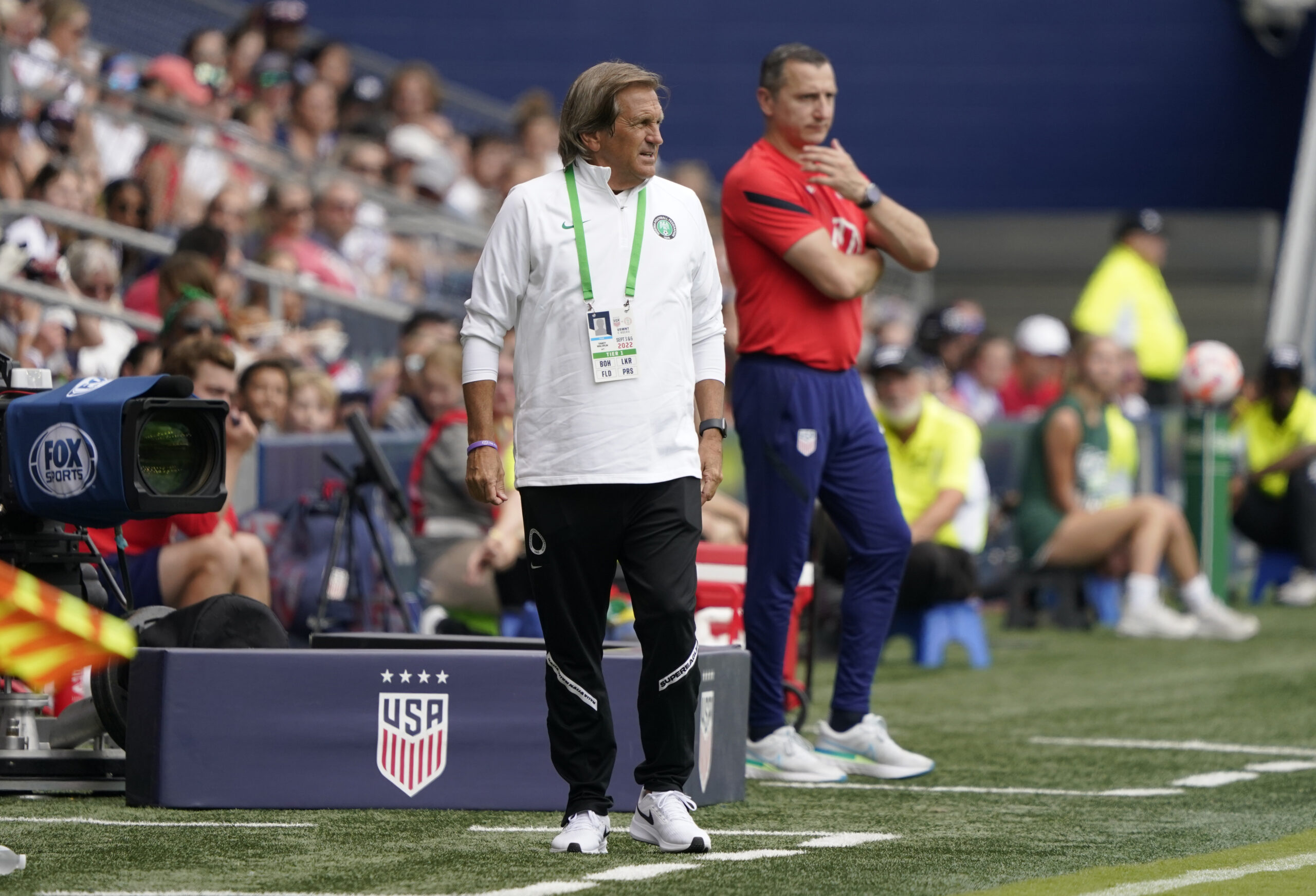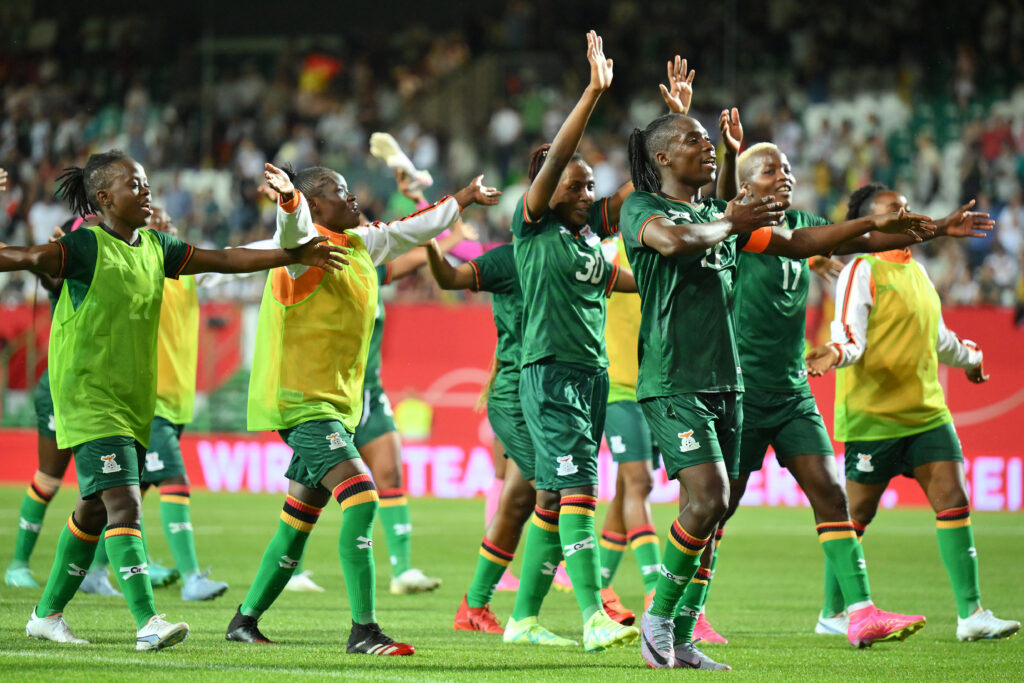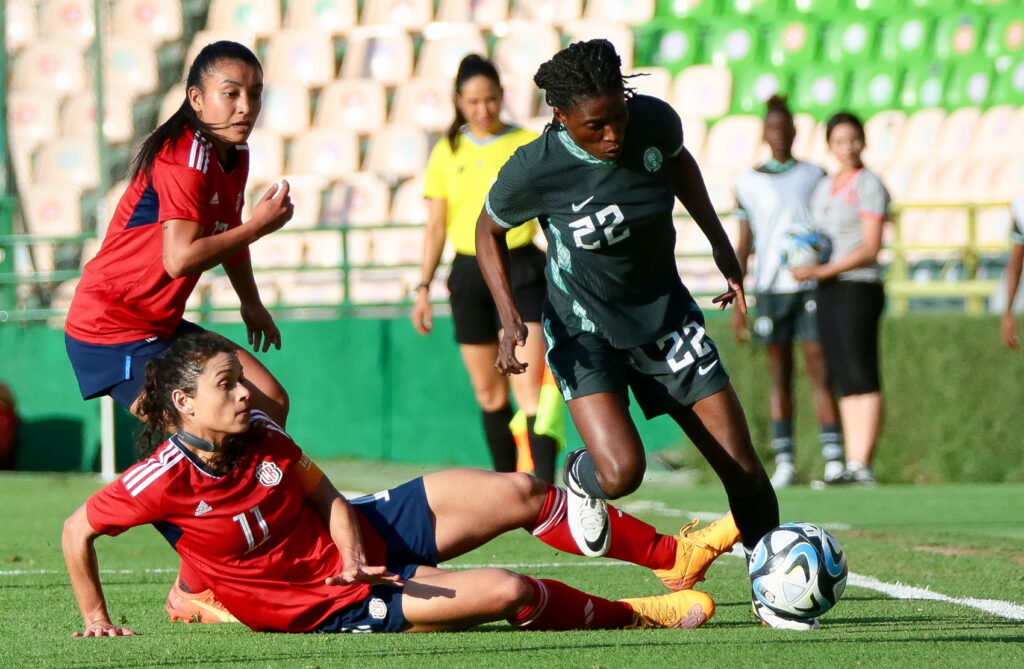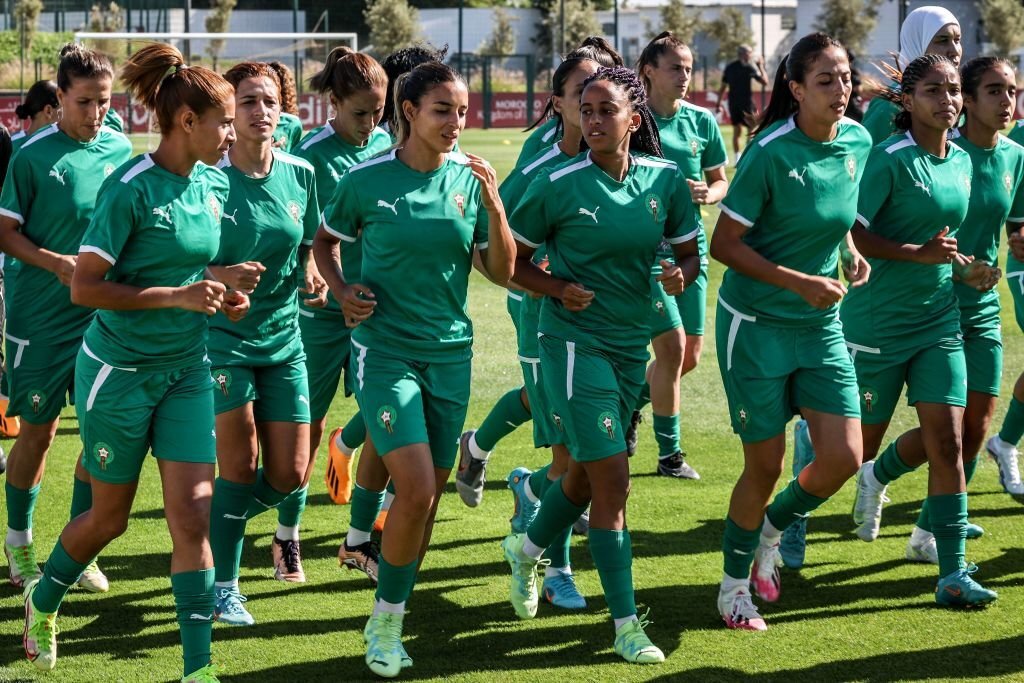It is almost a week to the highly-anticipated FIFA Women’s World Cup 2023 in Australia and New Zealand – the biggest event during the current football off-season, and all eyes will be glued to viewing screens when co-hosts New Zealand officially kicks off the tournament against Norway in Auckland on July 20.
The 2019 FIFA Women’s World Cup in France was a record-breaker for audiences that followed and engaged during the tournament and the upcoming one is expected to be bigger and better.
All African participations in #FIFAWWC! ????
???????? @NGSuper_Falcons with 9 times leading African appearances
#EmpoweringOurGame pic.twitter.com/CKKC16QgC8
— CAF Women’s Football (@CAFwomen) July 2, 2023
While the participating 32 teams from six confederations are fine-tuning their preparations, one team, Nigeria, are currently embroiled in a farce.
Super Falcons manager Randy Waldrum claims he has not been given enough support by the Nigeria Football Federation (NFF) towards the preparation for the World Cup before going on to accuse the governing body of mismanaging funds worth $960,000 provided by global governing body FIFA. He also revealed he is being owed a seven-month salary backlog while the players are being owed a backlog of bonuses as well.
The NFF, on their part, said that was not the case, citing trips the Falcons made to Japan, Mexico and Turkey between September 2022 and April this year as proof preparations were made and the funds put to adequate use.

It is easy to trade blame and make excuses for who the guilty party is, albeit the troubling circumstances, it is however key to note that the ongoing debacle sets a terrible precedence for the players, staff and football in the nation generally.
Waldrum might be seen as trying to find an escape route from the job with his bombshell revelation, much like how Cristiano Ronaldo did with Manchester United before the 2022 FIFA World Cup in Qatar which ultimately led to the termination of his contract. The crux of the matter is that such an incident should not have reared its ugly head at this time. The last time the Super Falcons played was in April and they have not played any warm-up friendlies since then.
The likes of debutants Morocco have already played high-profile friendlies against Italy and Switzerland this month while another debutant Zambia have played four friendlies since last month, including their most recent 3-2 victory over two-time world champions Germany. That says how serious these African teams are preparing to make an impression in Australia and New Zealand.

The Falcons do not seem keen to do that, with the reported planned boycott by the players for the opener against Canada in Melbourne on July 21. Team captain, Onome Ebi might deny she is not aware of such a plan but it is clearly setting the most successful African women’s football team up for an embarrassment on the global stage.
The players cannot be blamed though as they deserve to be paid whatever they are owed. It is, however, becoming a regular theme to see the ladies protest over unpaid bonuses and other entitlements with the 2016 protests in Abuja where they sat at the entrance of the country’s National Assembly still fresh in memory.
The Super Falcons are one of seven teams alongside the United States, Germany, Norway, Sweden, Brazil and Japan to have participated in every Women’s World Cup since its inception in 1991. The best they’ve gone far is the quarter-finals in 1999 and will be pressed to do much better after reaching the Round of 16 in the previous edition in France.

It continuously begs the question of what exactly the NFF stands for. If protests and corruption allegations continue to be a regular theme without any deliberate intention to change things for the better even after a change in administration, there will be a lot to be fearful about rather than be hopeful. The downside is the Super Falcons will be laid back while other African countries with clearer vision and ambitions such as Morocco will potentially become the force to reckon with on the continent and beyond.

Such a prospect is damming to the millions of Nigerian fans back home who see the national team as a thing of pride, unity and excellence.
Disrupting that reputation makes a feared giant become a laughing stock and if the NFF really care, they need to change their haphazard approach to keep the reputation of the 11-time African champions intact.







